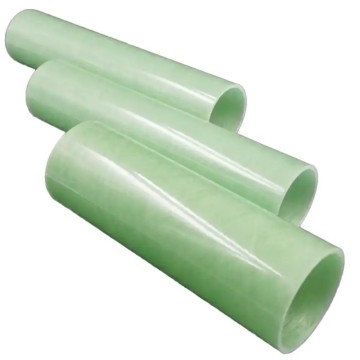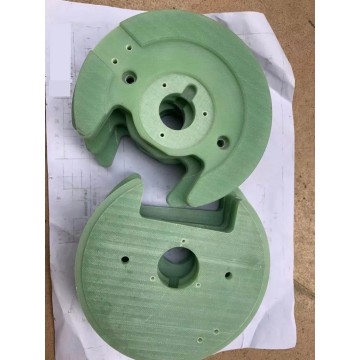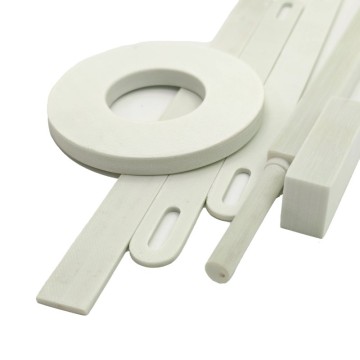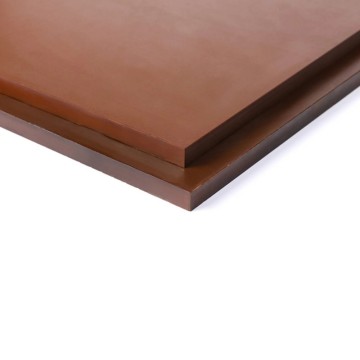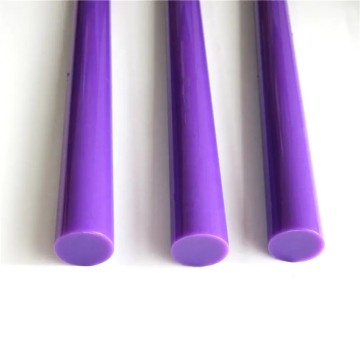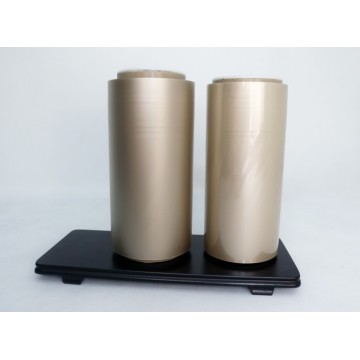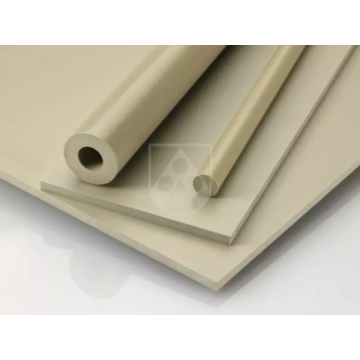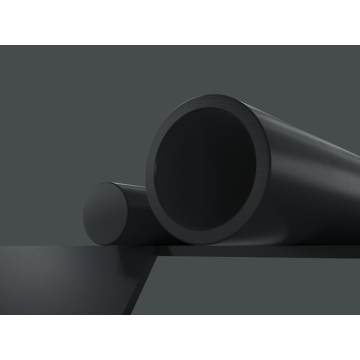
SustaPEEK MOD black sheet
- Min. Order:
- 1 Kilogram
- Min. Order:
- 1 Kilogram
- Transportation:
- Ocean, Land, Air, Express
- Port:
- Shenzhen, Guangzhou, Hongkong
Your message must be between 20 to 2000 characters
Contact Now| Supply Ability: | 1000 |
|---|---|
| Payment Type: | T/T,Paypal |
| Incoterm: | FOB,CFR,CIF,EXW,DDP,DDU |
| Transportation: | Ocean,Land,Air,Express |
| Port: | Shenzhen,Guangzhou,Hongkong |
The SustaPEEK MOD family of materials is based on polyetheretherketone resin. This semi-crystalline advanced material exhibits a unique combination of high mechanical properties, temperature resistance and excellent chemical resistance making it the most popular advanced plastics material.
The addition of carbon fibres, PTFE and graphite to virgin PEEK results in a SustaPEEK "Bearing Grade".

Key Benefits:
High mechanical load bearing capacity
Superb wear resistance
High pressure velocity (PV) rating
Low friction
Good chemical resistance
Characteristics
Excellent sliding and abrasion behaviour
High rigidity
hardly inflammable
Self-extinguishing
Very low smoke density
very high resistance to high-energy radiation
Low creep tendency
Very high continuous service temperature
Low coefficient of thermal expansion
high dimensional stability under heat
Good wear resistance
Good dimensional stability
ideal combination of tensile strength, stiffness and impact strength
Applications:
Replacement of PTFE because of higher mechanical load bearing capacity
Replacement of metals
Pump components
Valve seats
Bearings
Components exposed to boiling water or steam
Technical Specifications SustaPEEK MOD black
General properties
Test Method
Unit
Guideline Value
Density
DIN EN ISO 1183-1
g / cm3
1,46
Water absorption
DIN EN ISO 62
%
0,2
Flammability (Thickness 3 mm / 6 mm)
UL 94
V0 / V0
Mechanical properties
Test Method
Unit
Guideline Value
Yield stress
DIN EN ISO 527
MPa
75
Elongation at break
DIN EN ISO 527
%
4
Tensile modulus of elasticity
DIN EN ISO 527
MPa
4900
Notched impact strength
DIN EN ISO 179
kJ / m2
5
Shore hardness
DIN EN ISO 868
scale D
85
Thermal properties
Test Method
Unit
Guideline Value
Melting temperature
ISO 11357-3
°C
343
Thermal conductivity
DIN 52612-1
W / (m * K)
0,24
Coefficient of linear thermal expansion
DIN 53752
10-6 / K
30
Service temperature, long term
Average
°C
-30 … 250
Service temperature, short term (max.)
Average
°C
310
Heat deflection temperature
DIN EN ISO 75, Verf. A, HDT
°C
293
Related Keywords


